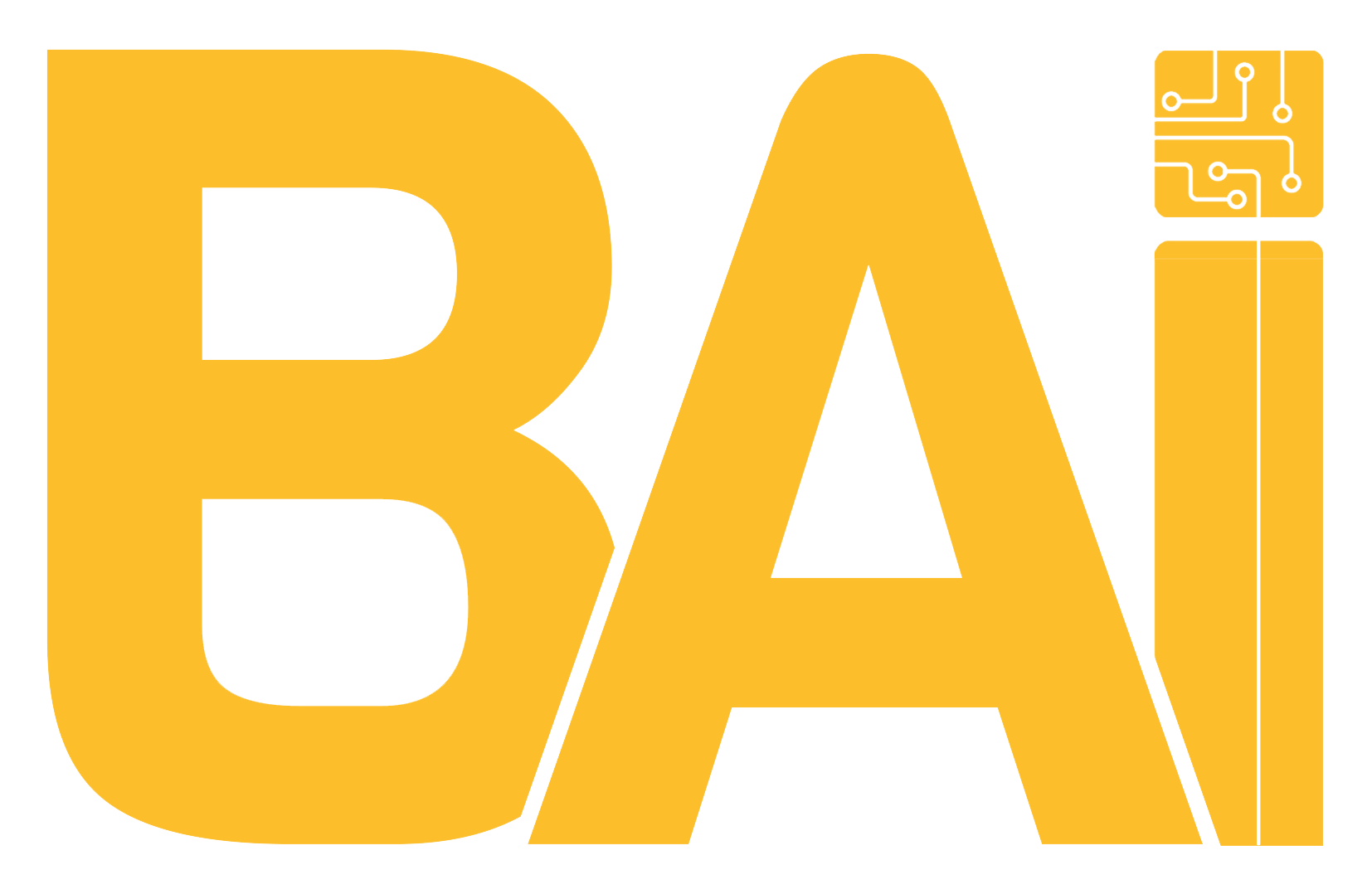You are invited to submit a full paper for consideration. Papers must be 6-10 pages long. All accepted papers will be published in the conference proceedings: Springer Book Series: Lecture Notes in Networks and Systems, which is indexed by SCOPUS, DBLP, INSPEC, Norwegian Register for Scientific Journals and Series, SCImago, WTI Frankfurt eG, and zbMATH. Papers should demonstrate significant contribution to one or more of the areas below.
All submitted papers must strictly abide by Springer’s Artificial Intelligence Policy. Please refer to Springer’s AI Policy for details.
BAI’26 only welcomes submissions from graduate students (Master/PhD), university faculty, and researchers and industry professionals with graduate degree. Others (undergraduate students and those with Bachelor's degree) are not allowed to submit papers nor be one of the authors.
The maximum number of submitted papers per an author is TWO. An author can be 'First Author' in only one paper.
Topics of interest within each area are listed below. Other topics not listed will be considered.
Area 1: Problem Solving
- Problem Solving and Searching
- Complex Situations Searching
- Confrontational Searching
- Searching with Constraints Satisfaction
- Knowledge-Intensive Problem-Solving Techniques
- Intelligent Agents and Multi-Agents
- Distributed AI Algorithms and Techniques
- Heuristic Searching Methods
Area 2: Knowledge Representation and Reasoning
- Knowledge Representation
- Automated Planning
- Knowledge Discovery
- Knowledge Acquisition
- Constraint-Based Reasoning
- Search with Uncertainty
- Probabilistic Reasoning
- Temporal Models
- Decision Making
Area 3: Communication and Perceiving
- Natural Language Understanding
- Computer Vision
- Pattern Recognition
- Expert Systems
- Robotics and Automation
- Fuzzy Logic and Soft Computing
Area 4: Cutting-Edge Artificial Intelligence
- Human-AI Collaboration and Co-Creation
- Neuromorphic and Brain-Inspired AI
- Quantum AI
- Social Intelligence
- Generative AI (music, art, design)
- Integration of AI with other Technologies
- Emerging Trends in Artificial Intelligence
- Artificial Creativity
- Collective Intelligence
Area 5: Artificial Intelligence and the Society
- AI Ethics and Legal Issues
- Constraints on AI
- Regulation, Policy, and Governance of AI
- AI Impact on Future Work
- AI Risks and Social Responsibilities
- Evaluation of AI Tools
- Social Impact of AI
Area 6: Artificial Intelligence Applications
- Intelligent Information Systems
- Intelligent Data Mining and Farming
- AI and Cybersecurity
- Intelligent Web-Based Business
- Intelligent Databases
- AI in Agriculture
- AI in Healthcare
- Intelligent User Interface
- Intelligent Tutoring Systems
- AI in Finance
- AI in Smart Cities and Smart Energy
- AI in IoT
- AI and Disaster Management
- Multisensory Data Fusion
- AI in Robotics and Autonomous Systems
- Artificial Intelligence in Modeling and Simulation
- Artificial Intelligence in Scheduling and Optimization
- Fuzzy Control and Intelligent Systems
- Intelligent Human-Computer Interaction
- Molecular and Quantum Computing
Area 7: Machine Learning
- Learning from Examples
- Probabilistic Models Learning
- Neural Networks
- Deep Learning
- Reinforcement Learning
- Decision Support Systems
- Cognitive Science and Brian Models
- Reinforcement Learning
- Multi-Criteria Reinforcement Learning
- Time Series Prediction
- Inductive Learning
- Graph Learning
- Network Inference
Area 8: Artificial Intelligence Tools and Hardware
- AI Architectures
- AI Hardware
- Intelligent Networks
- Distributed AI Systems and Architectures
- AI Devices
- AI Tools
- Web Intelligence
- Edge AI and On-Device Intelligence

